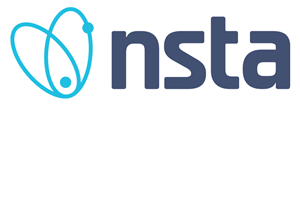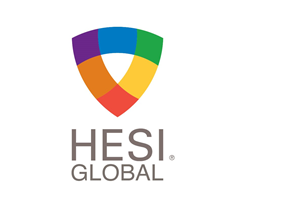Free Offering | Zoom Online Meeting
Register today to participate in this web seminar. Upon registering you will receive an e-mail confirmation including information about the program and suggested links to visit in preparation of the event. Additional information about the web seminar will be e-mailed to you days before the program.
New Users: Log in 15 minutes prior to the start time for an introduction to NSTA web seminars.
Each web seminar is a unique, stand-alone, program. Archives of the web seminars and the presenters' PowerPoint presentations will be available through the links on this web page. Read answers to frequently asked questions from participants.
For more information contact: [email protected]
Hosted by

Presenters
Details
Date Tuesday June 04, 2024
Time 7:00 PM ET / 6:00 PM CT / 5:00 PM MT / 4:00 PM PT
Duration 90 Minutes
Audience All high school educators of science, university instructors, and administrators interested in free lesson plans and storyline units useful for biology, environmental science, and anatomy courses.
Sponsored by
